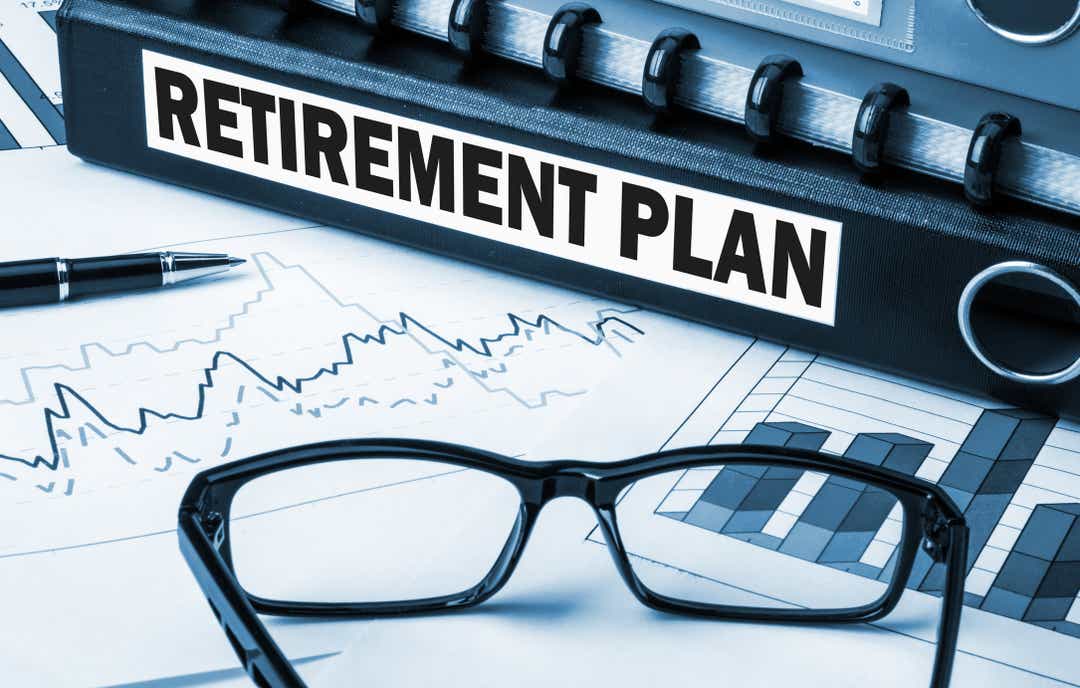Dear Pete,
I’m 58 years old and for the first time ever, retirement seems real to me. The problem is I don’t have any money. I make a lot ($200k a year) at my new job, but due to a large number of circumstances, I currently don’t have any retirement assets. I’m so upset about the circumstances (divorce, business failure, etc) and my lack of savings, that I almost feel paralyzed. I know I need to do something, but I’m too embarrassed to go to a financial planner. I feel like I’ve ruined my financial life. Do you agree?
Richard
Concord, NH
I have bad news for you. A successful retirement is entirely possible. You didn’t read that wrong. The numbers actually work.
The bad news is it will require significant changes and a well-executed plan.
By my math, if you’re able to work for another decade, you will have earned an additional $2 million. And it’s in that spirit in which we’ll begin our time together. Beyond your $2 million, your maximum Social Security benefit will be available in just 12 years.
If you’ve been making “good money” all along, your Social Security benefit will likely be around $4,000 a month. Currently, the most a person can receive when filing at age 70 in 2020 is around $3,700, but I’m going to assume this will climb to around $4,000 in the next 12 years.

Our goal is to take the estimated $13,200 a month you currently make post-tax and create a scenario in which your income needs shrink over the next decade to meet the income available at age 70, all the while building up your assets.
It’s a rather simple idea, but it requires significant courage to execute. Once you do all the right things, which I’ll list below, you should be able to put your financial life on autopilot. Your future success requires immediate action. As much as I hate to say it, if you delay, hope will fade quickly.
Don't miss out: Majority of older Americans miss out on this retirement savings tool
Side note: We’re going to call the difference between your $13,200 a month of current net income and the income available for you at age 70, your income gap. Based on your current income and your projected Social Security income, your current income gap is $9,200. Our goal is to close the gap.
The very first thing you need to do is to part with $26,000. The IRS offers you the ability to contribute $26,000 to your 401k, and you need to take them up on that offer. I’m also going to assume your employer matches your contribution to the tune of four percent.
This brings your annual contribution to $34,000, and when combined with 10 years of contributions and an average seven percent rate of return, your balance at age 70 should be roughly $490,000. You should be able to generate roughly $1,200 a month at age 70 based on this balance.
Your Social Security income plus the $1,200 a month of income derived from your 401(k) will provide you with roughly $5,200 a month at age 70. Additionally, your 401(k) contributions will have reduced your current monthly income down to $11,700 over the next ten years, which is a good thing.
It means you've closed your income gap by about $2,700. That’s $11,700 of updated current income minus your projected retirement income of $5,200, for a new income gap of $6,500.
This is a decent start. Now the real work begins. You still need to close the gap.
As you’ve learned with your 401(k), contributions to an investment lead to accumulated money and a decreased dependency on your current income. But it’s relatively easy to crank your 401(k) contributions to the max when you make $200,000, even in the face of major spending changes because the money exits your life before you even see it.

The real work is trimming your living expenses even further and transitioning that unused income into long-term assets after it has hit your checking account. If you’re going to fail, it’s going to be here, plain and simple.
In a perfect world, you start living on $5,200/month right now, and this whole thing is done. If your projected retirement income (including the changes detailed above) is going to equal $5,200/month, then just start living on that now and save the rest, cold turkey. But, as you likely know, that’s much easier said than done.
Retiring at 65? 3 signs you're ready to claim Social Security benefits at 62
You can take a couple quick short cuts to make this easier. First, be sure to save any future raises. Do not absorb the additional income into your current lifestyle. Second, if the IRS increases the 401(k) contribution limit, increased your 401k contributions to match the new limit.
Success comes when you close the gap.
Peter Dunn is an author, speaker and radio host, and he has a free podcast: "Million Dollar Plan." Have a question for Pete the Planner? Email him at AskPete@petetheplanner.com. The views and opinions expressed in this column are the author’s and do not necessarily reflect those of USA TODAY.
Business - Latest - Google News
February 02, 2020 at 09:33PM
https://ift.tt/2RRfuJ1
I'm 58 and have no retirement savings. Is my financial life ruined or is there still hope? - USA TODAY
Business - Latest - Google News
https://ift.tt/2Rx7A4Y
Bagikan Berita Ini














0 Response to "I'm 58 and have no retirement savings. Is my financial life ruined or is there still hope? - USA TODAY"
Post a Comment